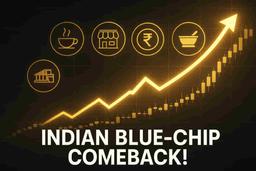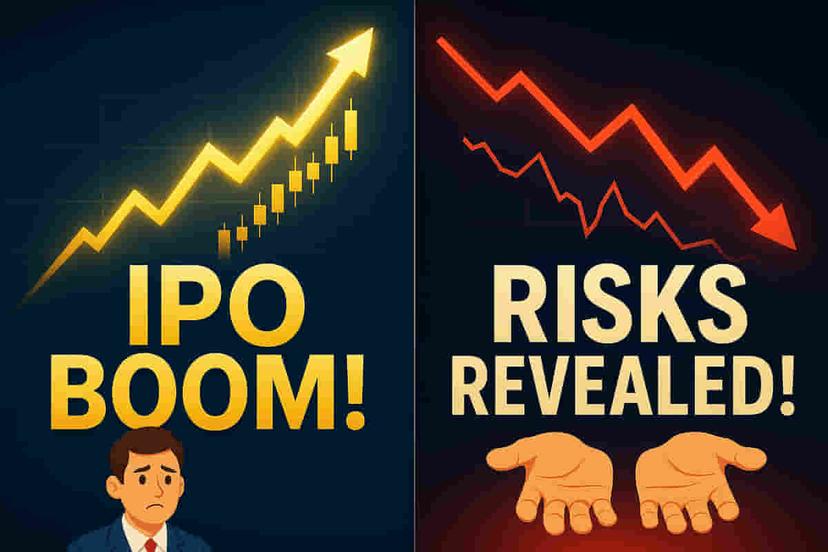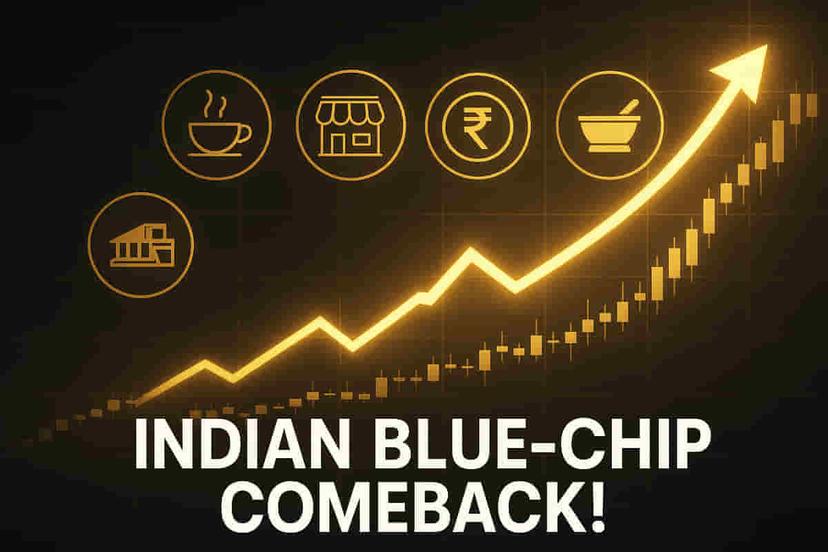Quick Commerce Secret Unlocked! How Delivery Apps Are Now Combining Your Orders to Cut Costs & Speed Up Deliveries!
Transportation
|
Updated on 12 Nov 2025, 11:04 am
Reviewed By
Aditi Singh | Whalesbook News Team
Short Description:

▶
Stocks Mentioned:
Detailed Coverage:
Quick commerce companies in India, including Swiggy Instamart, Blinkit, Zepto, Flipkart Minutes, and BigBasket, are implementing "batching" – a logistical strategy to group nearby customer orders into single delivery routes. This operational shift is driven by sophisticated algorithms that consider factors like proximity, order value, delivery time, and rider availability to efficiently combine multiple orders. Analysts view this as a pivotal moment for the quick commerce sector, moving beyond simple cost adjustments to an intricate logistics puzzle. The goal is to trim mounting losses without compromising customer satisfaction. While batching initially aims to reduce expenses and delivery times, experts like Madhur Singhal suggest that algorithms may eventually prioritize certain customers, paving the way for premium services or subscription models. BigBasket, for instance, ensures that batching only occurs if customer Estimated Times of Arrival (ETAs) can be met. Flipkart Minutes and Zepto have integrated batching to optimize routes and reduce delays, with delivery workers earning additional incentives. This practice is borrowed from food delivery giants like Swiggy and Zomato.
Impact: This news has a significant impact on the Indian stock market, particularly on companies involved in the quick commerce and e-commerce sectors. It indicates a strategic shift towards improved operational efficiency and profitability, which can positively influence investor sentiment and stock valuations for listed entities. The focus on logistics optimization and customer prioritization could lead to more sustainable business models. Rating: 8/10
Difficult Terms Explained: * **Quick Commerce**: A rapidly growing sector focused on delivering everyday items, such as groceries and essentials, to customers within a very short timeframe, often 10-30 minutes. * **Batching**: The process of combining multiple individual customer orders into a single delivery trip by a rider, optimizing routes and reducing the number of separate trips. * **Algorithms**: A set of rules or instructions that a computer follows to solve a problem or perform a task, used here to decide how to group orders and plan delivery routes. * **Dark Store**: A specialized warehouse or fulfillment center that is not open to the public. It is used exclusively for storing products and processing online orders for delivery. * **ETA (Estimated Time of Arrival)**: The predicted time by which a delivery is expected to reach the customer's location. * **Premiumization**: The strategy of offering higher-value products or services to customers, often at a higher price point, to enhance revenue and customer loyalty. * **Logistics**: The detailed planning, execution, and control of moving goods from one place to another, encompassing transport, warehousing, and delivery.
Stock Investment Ideas Sector

IPO BOOM WARNING! Smart Investors Reveal Why Your Money Could Vanish Fast!

Market Cues: India Stocks Brace for Muted Open; HUL Demerger, Defense Deals, & Earnings Drama Unfold!

Explosive Market Debut! Top Stocks Soar, IPO Frenzy Grips India!

DIIs Unleash ₹1.64 Lakh Crore On Indian Stocks! Top Picks Revealed Amidst FII Exit - What's Next?

Dividends & Demergers Alert! 6 Stocks Go Ex-Date Today - Don't Miss Out!

Bored With Market Slumps? These Blue-Chip Giants Are Quietly Gearing Up For A Huge 2026 Comeback!

IPO BOOM WARNING! Smart Investors Reveal Why Your Money Could Vanish Fast!

Market Cues: India Stocks Brace for Muted Open; HUL Demerger, Defense Deals, & Earnings Drama Unfold!

Explosive Market Debut! Top Stocks Soar, IPO Frenzy Grips India!

DIIs Unleash ₹1.64 Lakh Crore On Indian Stocks! Top Picks Revealed Amidst FII Exit - What's Next?

Dividends & Demergers Alert! 6 Stocks Go Ex-Date Today - Don't Miss Out!

Bored With Market Slumps? These Blue-Chip Giants Are Quietly Gearing Up For A Huge 2026 Comeback!
Mutual Funds Sector

Equity Fund Mania Cools? Your Money's Big Shift Revealed! 🚀

Indian Investors Break Records: Mutual Fund SIPs Hit ALL-TIME High Amid Market Rally!

Equity Fund Mania Cools? Your Money's Big Shift Revealed! 🚀
